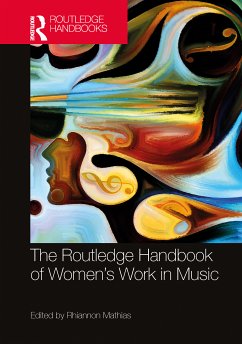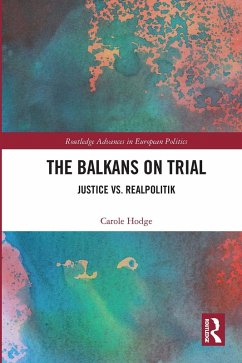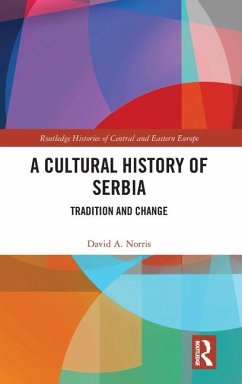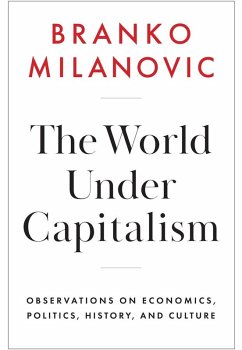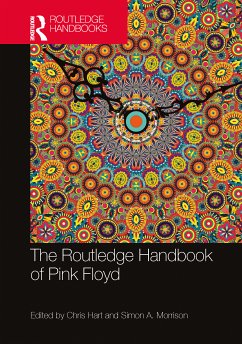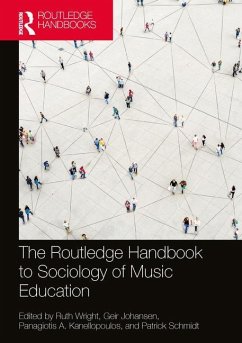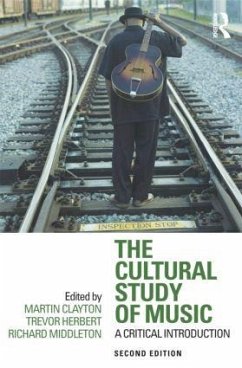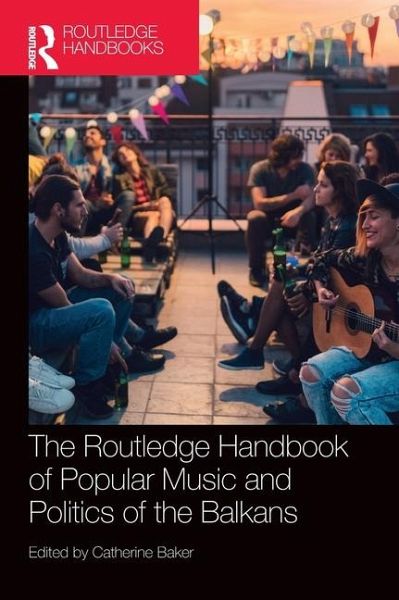
The Routledge Handbook of Popular Music and Politics of the Balkans
Versandkostenfrei!
Versandfertig in 6-10 Tagen
245,99 €
inkl. MwSt.
Weitere Ausgaben:

PAYBACK Punkte
123 °P sammeln!
The Routledge Handbook of Popular Music and Politics of the Balkans is a comprehensive overview of major topics, established debates and new directions in the study of popular music and politics in this region.The vibrant growth of this subject area since the 1990s has been intertwined with the region's political and socio-economic transformations, including the collapse of state socialism in much of the region, the break-up of Yugoslavia, the advent of neoliberal capitalism, the rise of Romani activism, the complex politics of 'Europeanization' before and after the global financial crisis, an...
The Routledge Handbook of Popular Music and Politics of the Balkans is a comprehensive overview of major topics, established debates and new directions in the study of popular music and politics in this region.
The vibrant growth of this subject area since the 1990s has been intertwined with the region's political and socio-economic transformations, including the collapse of state socialism in much of the region, the break-up of Yugoslavia, the advent of neoliberal capitalism, the rise of Romani activism, the complex politics of 'Europeanization' before and after the global financial crisis, and the region's relationship to the European Union border regime. The handbook illustrates the wide range of disciplines and methods that contribute to this field's interdisciplinary dialogue and highlights emerging approaches such as the study of Black diasporas in the region, popular music's links with LGBTQ+ communities, and the impact of digital technologies on musical cultures.
This volume will benefit specialist researchers, tutors creating or refreshing courses on popular music in the region, and students interested in these topics, especially those who are at the point of developing their own independent research projects.
The vibrant growth of this subject area since the 1990s has been intertwined with the region's political and socio-economic transformations, including the collapse of state socialism in much of the region, the break-up of Yugoslavia, the advent of neoliberal capitalism, the rise of Romani activism, the complex politics of 'Europeanization' before and after the global financial crisis, and the region's relationship to the European Union border regime. The handbook illustrates the wide range of disciplines and methods that contribute to this field's interdisciplinary dialogue and highlights emerging approaches such as the study of Black diasporas in the region, popular music's links with LGBTQ+ communities, and the impact of digital technologies on musical cultures.
This volume will benefit specialist researchers, tutors creating or refreshing courses on popular music in the region, and students interested in these topics, especially those who are at the point of developing their own independent research projects.






